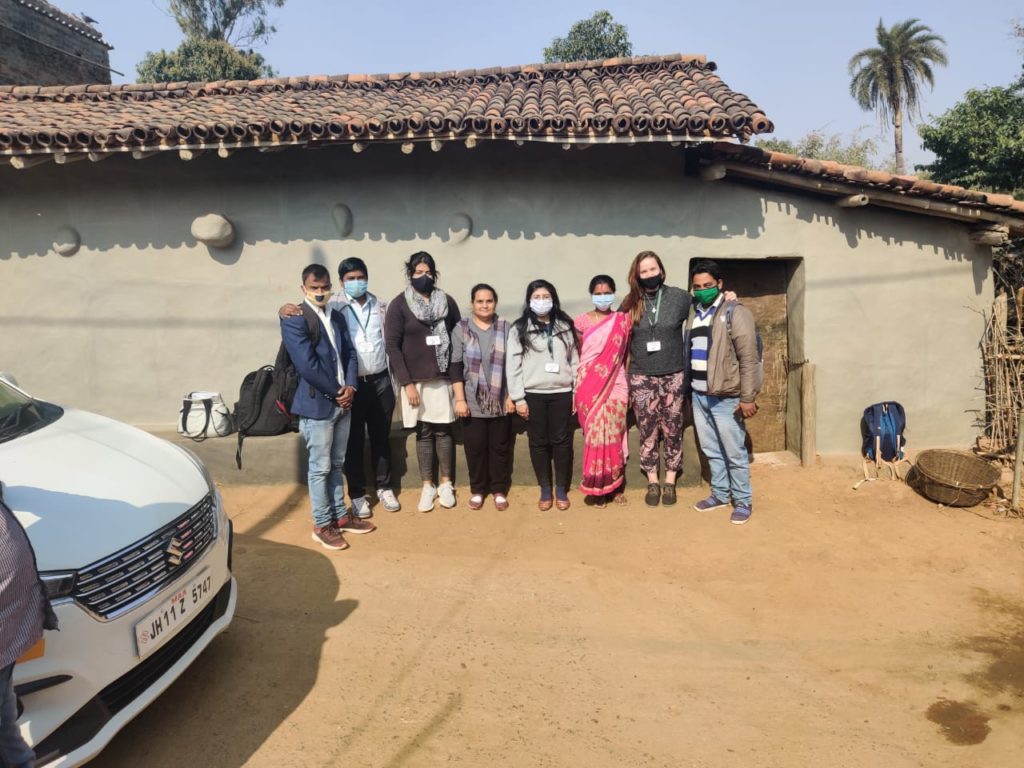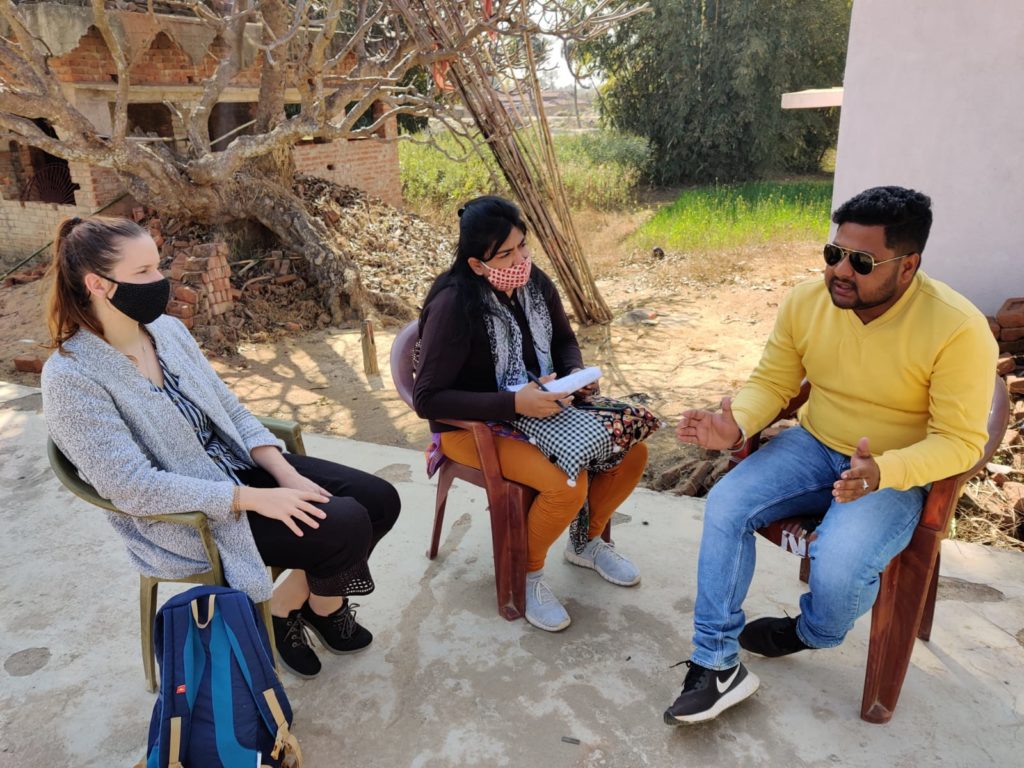
As part of its holistic approach to eradicate child labor in mica collection and mica mining in India, the Responsible Mica Initiative has developed Community Empowerment Programs (CEP). Implementation of these programs in two sets of 40 villages by two consortium of local partners, BJSAM and CESAM, has been carried out since 2018 and 2019 respectively, each of them over a three-year period.
CEP implementation by BJSAM comes to an end in March 2021, after three years marked by an extensive baseline assessment, the building of a close relationship between mica-dependent communities and program partners, key successes achieved thanks to coordinate, efficient and targeted actions, and the COVID-19 pandemic.
Focused on the continuous improvement of its approach, the Responsible Mica Initiative has organized an external impact assessment of CEP to confirm their effective impacts, identify areas for improvement, develop a model-village concept and challenge programs’ and impacts’ sustainability.
Collect Data as Closely as Possible to Mica-Dependent Communities
In partnership with Im-prove, Y-East, a Kolkata-based organization, carried out the data collection campaign in the villages where Community Empowerment Programs were implemented by BJSAM partners over the last three years.
Prior to the data collection on the field, RMI, Im-Prove and Y-East elaborated the questionnaires that were used during the campaign.
To ensure the reliability of the collected data, all the 40 villages were visited by Y-East team. 350 quantitative interviews were carried out with beneficiaries of the programs. A theoretical error margin as low as 4.8% was reached thanks to the commitment of the team. In addition to the quantitative assessment, almost 30 qualitative interviews were carried out with key stakeholders involved in the programs. From village leaders to Anganwadi Centers’ workers, passing by staff of local CSO partners and teachers, they all brought valuable insights about programs’ implementation and impacts.
RMI wishes to truly thank all of those who dedicated time to the assessment from interviews to logistic support of Y-East team. A special thanks to BJSAM partners for the introduction of Y-East team to the communities !
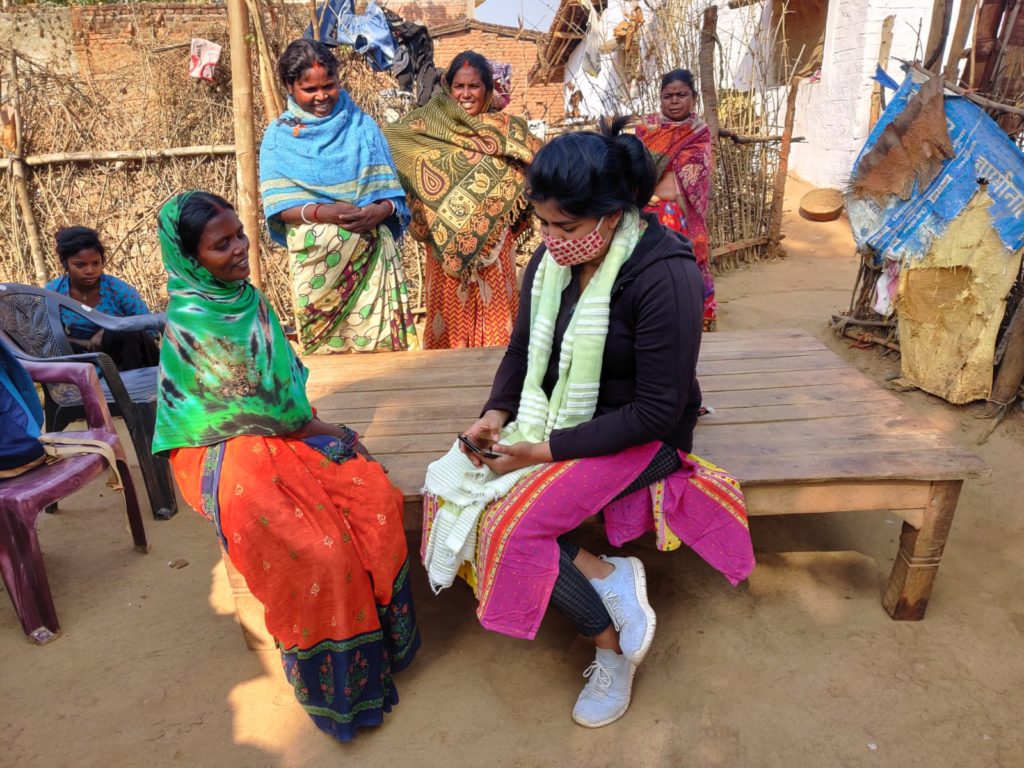
A few testimonies from the amazing Y-East team that carried out the data collection campaign !
Arun Kumar Roy, Research Associate
“The great work that has been taken by the RMI has not just held the hands of the Children by taking away their pain but by giving them a pen in their hands. The children won’t be able to understand this miracle now but when they grow up with a better future for themselves at that time they will recognize it at large. The work that RMI is doing will be always remembered as eradication of poverty and child labour.”
Durga Kumari, Research Associate
“It was an insightful journey where I witnessed that even today people have been deprived of basic necessities and RMI is trying to connect people to access the same.”
Sreetoma Purkayastha, Research Associate
“My experience with RMI was a very overwhelming one. It was an eye opener for it made me realize that no amount of change or impact can be made unless you are on the field, working with the people. We as a society have come a long way and yet this fieldwork showed us a mirror as to why the revolution and the fight for change shouldn’t stop.”
Naveen Yadav, Research Associate
“RMI ke saath kaam krke bhaut accha lga isme inka field codination bhaut badhiya tha aur inke dwara kaam bhi huwa hai khas kr tisri aur rajoli me bhaut hi badhiya huwa hai.”
Translation: I really liked working with RMI. There was good field coordination and they have really worked well especially in Tisri and Rajauli
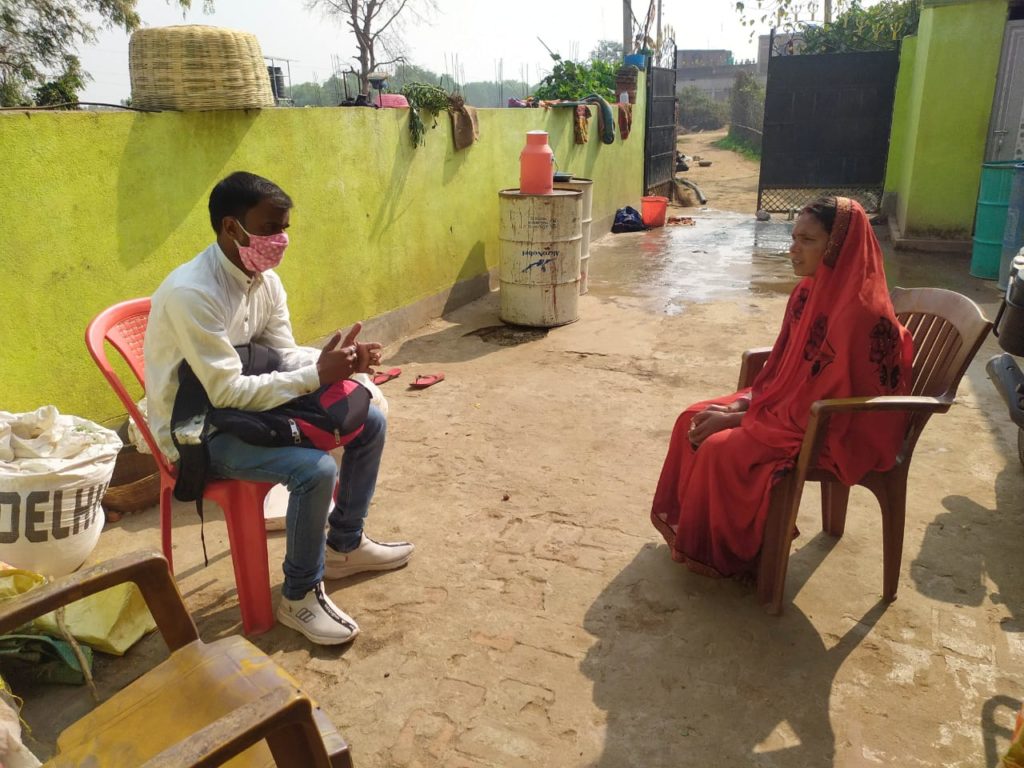
Aparupa Datta, project manager
“I would like to congratulate RMI for taking up this much-needed initiative of empowering the most marginalized communities / stakeholders in the mica supply chain. The selection of the 40 villages was well-thought. With every new village that we visited each day, we could realize the importance of implementing socially responsible programs in these regions and the difference it creates. My deepest regards to all the NGO partners and the field team who have been tirelessly and selflessly serving the community since the beginning of the program in the remotest of villages, some with even no road connectivity!”
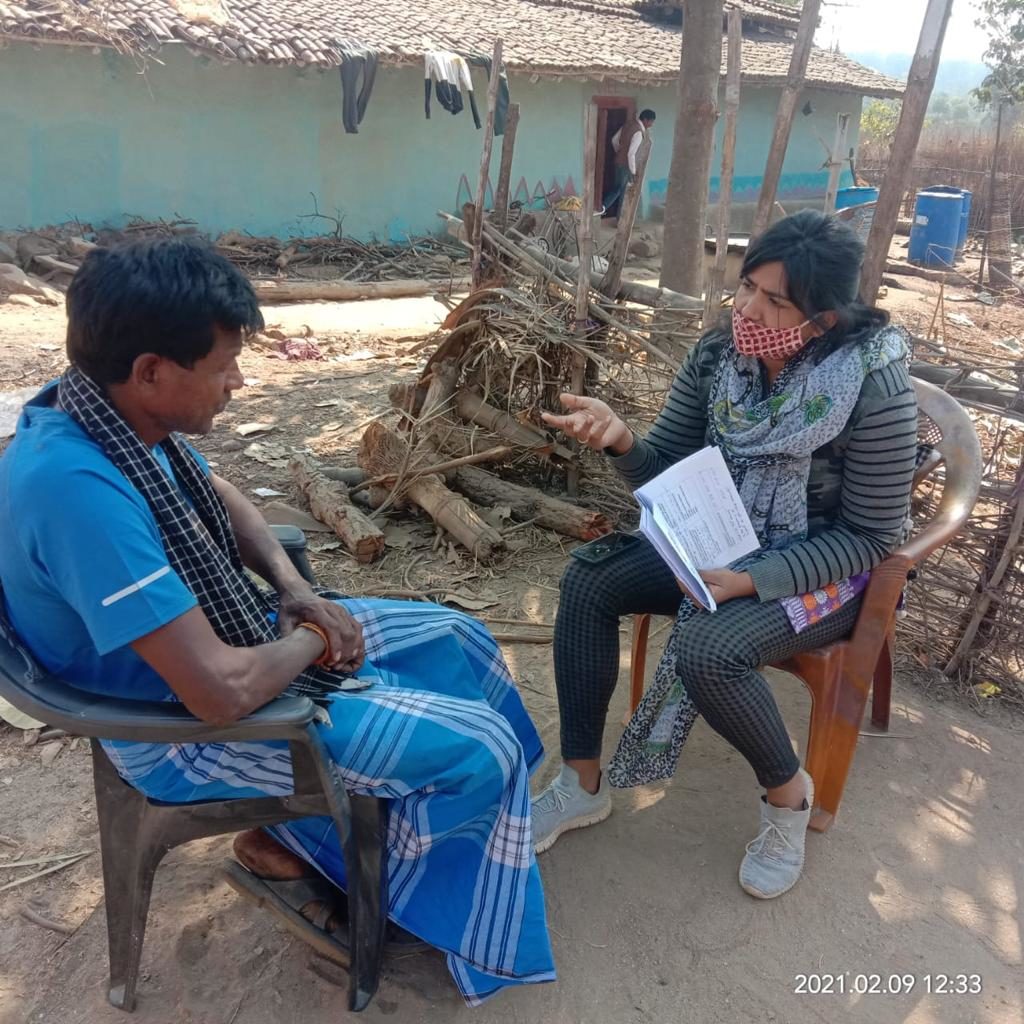
Pauline Laravoire, Founder, Y-East
“I was really impressed by the particularly well-thought structure of RMI’s Community Empowerment Programme, which ensures efficient implementation: 3 districts, 40 villages, one NGO implementation partner per district, dedicated leaders and volunteers per village, which guarantees strong personal connections with all the beneficiaries and easier last-mile tracking of the social impact that is being generated”
